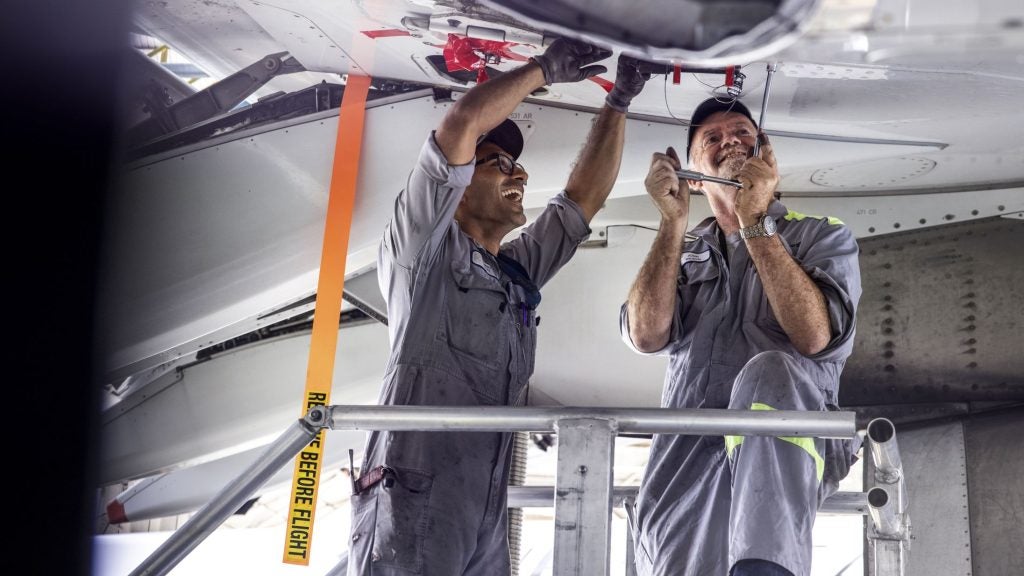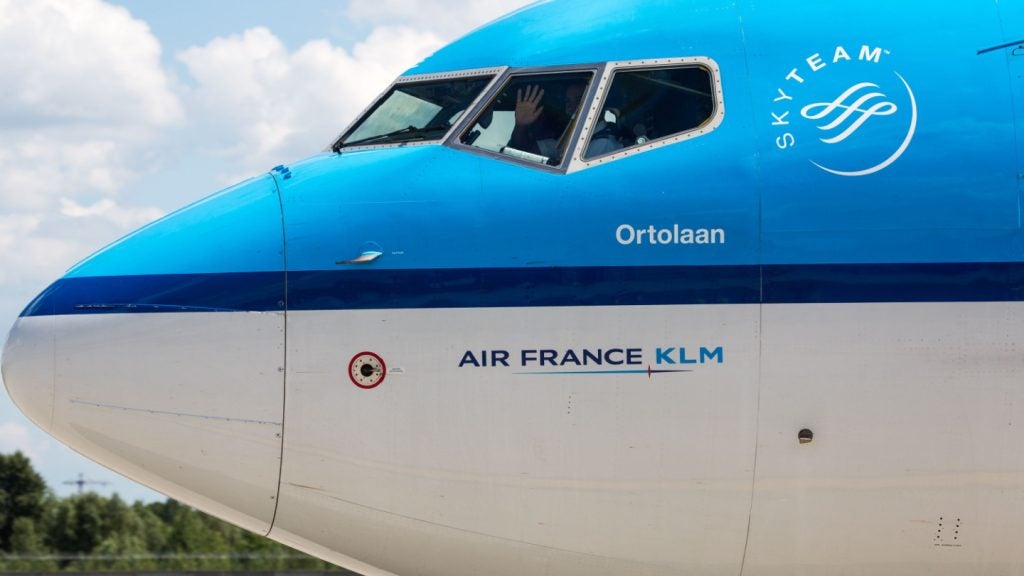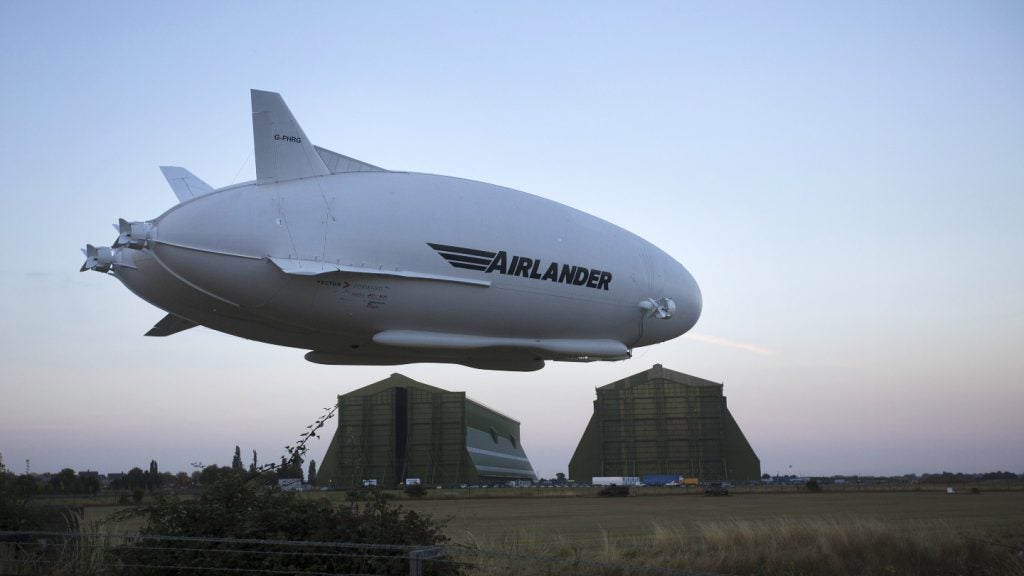
With a rise in smart city planning, the integration of urban air mobility (UAM) into city transport solutions is growing.
GlobalData’s ‘Wheels of Change: startups revolutionizing mobility’ report, which explores innovative startups across 14 emerging trends in mobility, suggests that limited UAM deployments may begin for cargo in some cities within the next two years and that pilot programmes for passenger transport could begin within five years.
“With the advent of electric vertical take-off and landing (eVTOL) aircraft and drones, the UAM industry is ready for substantial growth,” explains Tejal Hartalkar, disruptor analyst and one of the authors of the GlobalData report. “Its rapid evolution is driven by the increasing demand for efficient and sustainable urban transportation solutions.”
UAM refers to the use of small, automated aircraft for transportation at low altitudes in urban areas. It is viewed as a potential means of tackling congestion on roads and the associated delays.
The UAM industry sits under the advanced air mobility umbrella and can refer to vehicles including helicopters, eVTOL and unmanned aerial vehicles (UAVs) such as drones.
See Also:
Factors for growth in UAM
Hartalkar highlights several key trends the industry should consider. Firstly, she suggests that the industry should focus on developing infrastructure, such as vertiports, charging stations, and air traffic management systems to support the growth of UAM services. She also points to the need for firms in the space to integrate artificial intelligence, the Internet of Things (IoT) and blockchain to enhance safety and efficiency.
How well do you really know your competitors?
Access the most comprehensive Company Profiles on the market, powered by GlobalData. Save hours of research. Gain competitive edge.

Thank you!
Your download email will arrive shortly
Not ready to buy yet? Download a free sample
We are confident about the unique quality of our Company Profiles. However, we want you to make the most beneficial decision for your business, so we offer a free sample that you can download by submitting the below form
By GlobalDataIn addition, she notes that the industry should work to ensure seamless integration with existing urban transport infrastructure and improve autonomous driving capabilities and electric propulsion systems.
For the sector to continue growing, it will need cooperation and development in cities to ensure there is space for these new transportation options.
“Integrating eVTOL operations into existing airspace will require cities to collaborate with aviation authorities to establish dedicated air corridors, flight paths and traffic management systems for safe and efficient UAM operations,” says Hartalkar.
“Cities will need to construct dedicated vertiports or skyports, which are specialised landing and take-off facilities for eVTOL aircraft, equipped with high-capacity charging stations and passenger amenities. Infrastructure for charging and servicing eVTOL aircraft will be vital to support their operation, requiring the deployment of this infrastructure at strategic locations throughout the city.”
“Further, robust communication networks and data infrastructure will be crucial for enabling real-time communication between eVTOL aircraft, air traffic control systems, and ground operations.”
UAM is taking off
Society has long imagined flying cars, as conceptualised in many a science fiction film and novel, and that demand along with the potential use cases and benefits has brought the technology to fruition.
“UAM has emerged as a promising trend driven by the need for effective urban transportation, propelled by technological advancements in electric and hybrid propulsion, autonomous systems, and lightweight materials,” says Hartalkar.
“With major players investing in UAM solutions and regulatory efforts underway, UAM aims to revolutionize mobility by providing faster, more direct routes through the integration of air vehicles into city airspace, addressing the challenges of urbanization and road congestion.”
The eVTOL space in particular has received attention and investments from notable venture capital, aerospace and tech companies due to the additional demand for sustainable transport solutions.
Among the most significant Urban Air Mobility startups in the sector identified by GlobalData are SkyDrive, AutoFlightX, Manna Drones, and Urban-Air Port.
SkyDrive (eVTOL aircraft)
SkyDrive manufactures and develops eVTOL and cargo drones. In 2025, the Japanese firm is planning to debut its flying car in Osaka. The company plans for consumers to be able to request one of their vehicles and be flown to their destination. They have a seating capacity of three people, a maximum take-off weight of 1,406kg, a max cruising speed of 100km/h and a range of 15km.
Alongside this, the firm is also developing Skylift, a cargo drone that provides automated aerial transport of heavy materials up to 30kg for each flight.
SkyDrive has amassed $117.5m in funding since its inception in 2018, over three funding rounds. The most recent round of funding in 2022 generated $66.9m.
The start of 2024 was busy for SkyDrive, with the company signing three collaborative agreements in January. It signed memorandums of understanding with both Marut Drones, to collaborate on the transformation of Indian air transportation, and with multinational technology company Cyient for technical collaboration in eVTOL development.
The third agreement was for a strategic partnership agreement to cooperate in enabling the future of eVTOL aircraft operations in Gujarat, India, with the Government of Gujarat.
Some of SkyDrive’s other known partners include Thales, Suzuki, and Kansai Electric Power, while key investors include Itochu, Toyotetsu, and NEC.
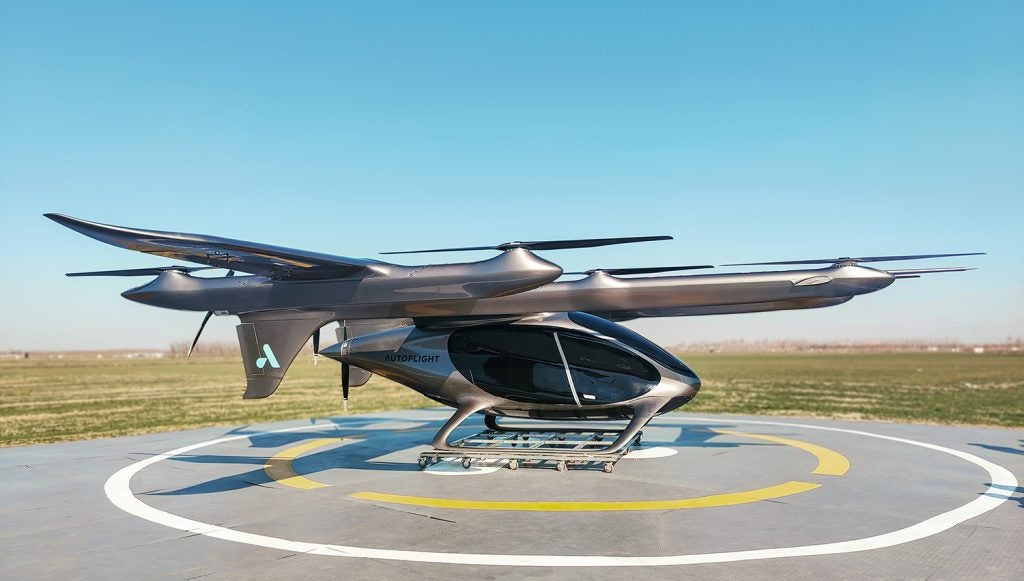
AutoFlight (eVTOL aircraft)
AutoFlight, originally known as AutoFlightX, develops and manufactures electric aerial vehicles for both civilian and commercial needs. Its flagship products are Prosperity I, an eVTOL vehicle that can carry four passengers with a maximum range of 250km and a cruise speed of over 200km/h, and CarryAll, which is designed to transport goods. CarryAll is an eVTOL aircraft with the same maximum range as Prosperity I, but with a maximum cargo capacity of 400kg.
The company received $100m of Series A funding in 2021 from key investors such as Team Global and TDK. Evfly, Flughafen Ausburg, Falcon, and Groupe ADP are among its known partners.
In 2023, AutoflightX unveiled a fully functional prototype for aerial firefighting, announced a collaboration with Falcon Airs Services to launch air taxi services in the UAE, and executed a formation flight of three autonomous eVTOL aircraft in China.

Manna Drones (drone delivery)
Manna Drones specialises in drone delivery solutions between delivery hubs and customer gardens. With over 150,000 delivery flights within Europe, the Irish company has previously partnered with Samsung, Dunkin’ Donuts, Tesco, and Tarrant Area Food Bank.
The startup has had two rounds of funding since 2018, bringing in $49.9m from investors such as Dynamo, Molten, Greenman Investments, and DST Global.
The average delivery time of Manna drones is three minutes, allowing customers to order local food, beverages, and medical goods quickly. Manna Drones has operated in Europe and the US.
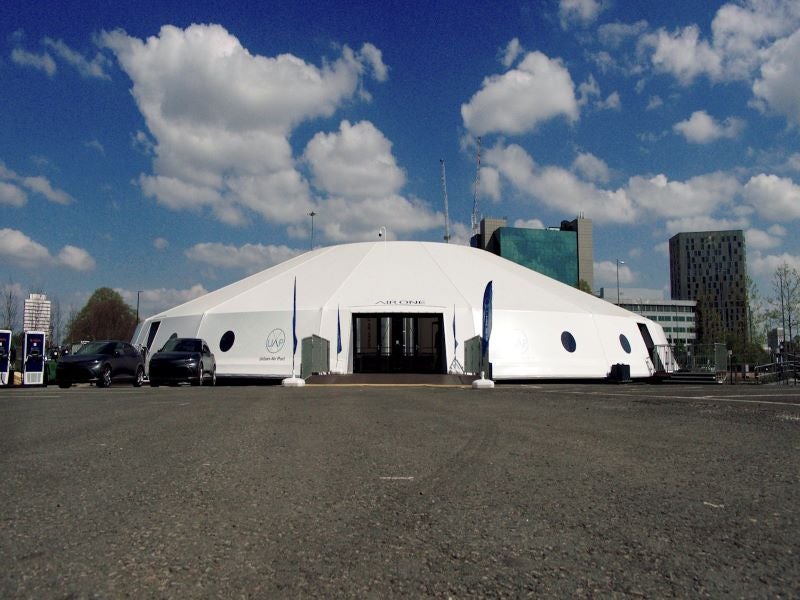
Urban-Air Port (urban air transport infrastructure)
Urban-Air Port, founded in the UK in 2019, is a designer, developer, manufacturer, and operator of infrastructure. It caters to several markets including passenger air taxis, cargo logistics, disaster emergency management, and defence.
Through a Series A funding round, the start-up has raised $25.66m of funding from the likes of Hyundai, The Dymond Group of Companies and M7 Real Estate. It has partnered with the likes of AFC Energy, LG, Skyfarer, Skanska, Anatomie, and Bottega.
Urban-Air Port offers Air One, a vertiport for passenger air taxi services suitable for ground, rooftop or water; several logistics solutions for cargo drones; an in-house air traffic control suite; and a discreet forward operation base for remote security reconnaissance and defence missions.



